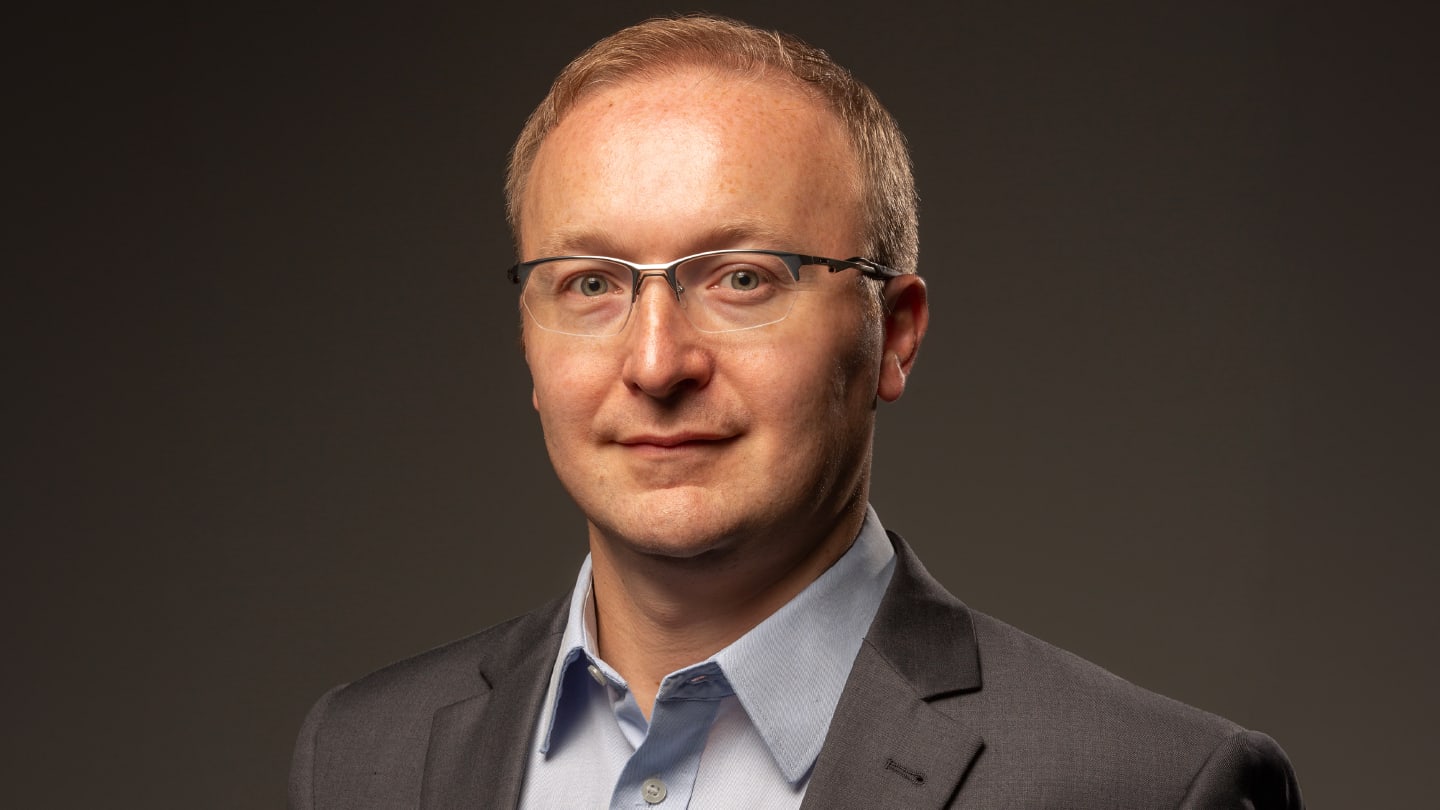
“You are determined to get canceled, aren’t you!” stated my wife when I was discussing the subject of this opinion piece. But I believe this subject to be critical to the ongoing and future successes of ophthalmic conferences – so I must make this plea for genuine podium inclusivity and greater engagement for all.
Currently and correctly, there is a significant focus on speaker selection at ophthalmic conferences. What should have always been an equal and fair opportunity for sharing of relevant knowledge based on merit and relevant publications in the field has suffered from traditional longstanding university arrangements, egos, and empire preserving dynasties. The predictable fallout and reactionary responses have unfortunately now also become politicized.
Even protected characteristics have been weaponized into jealous accusations against conference organizers and their perceived conscious (never mind unconscious) biases. Social media echoes with such outbursts from disgruntled delegates, regardless of their level of knowledge as to how symposia were planned, came to be, or who declined to participate. Groups now exist who allegedly promote greater diversity on the podium, yet celebrate uniformity of their own speaker panels (the very thing which they had railed against previously). Such posturing about podiums and panels doesn’t really help the situation, rather it inflames entrenchment. Being told that a session “needs” the addition of a different type of individual to make it valid entirely misses the point and is actually demeaning to that person. Surely the solution to perceived exclusion is not alternative exclusion, it’s greater inclusion!
Addressing “artificial inclusivity”
But how do we achieve real inclusivity, rather than artificial inclusion? In my opinion, some ophthalmic meetings have become so large and unwieldy that organizers cannot possibly please everyone. They also cannot possibly know who else is out there, who might be a great speaker, but has never been given the opportunity to present. Program committees will only ever choose who they know (at best for high-quality control reasons, etc).
However, significant numbers of some podium positions are often filled by a select sub-group of high-profile speakers who give (often the same) multiple talks in multiple sessions. You’ll recognize them rushing around the convention centres with their laptops (having not preloaded their talks!) and exclaiming with false humility “would love to stop and talk, sorry, have to run to give my eighth talk today…,” or worse still, leaving in the middle of a session as they are double booked. This is not a good look (nor, by the way, is reading emails when seated up on the stage!)
There is an obvious solution. Stop agreeing to give so many talks! But we all know that is unlikely to happen without an incentive… So, I have a simple proposal. If speakers were only able to deliver two talks per conference (or two per day, if my suggestion is far too disruptive for you!), then gaps on the podium would open up naturally. And with more space comes opportunity for greater inclusivity. Others could submit session proposals safe in the knowledge that the cartel of “this is the 15th year I’ve delivered this symposia” would be broken and disbanded.
This principle would empower greater participation and involvement. Protected access for more delegates to share their work on merit would naturally diversify the podium without artificial posturing. Furthermore, it would liberate those over-booked speakers to dedicate some time within the conference to engage more meaningfully with attendees. It is often the corridor conversations that are most beneficial and where complex patient care is discussed, with global experts providing tertiary opinions.
At UKISCRS (UK and Ireland Society of Cataract and Refractive Surgeons) we are constantly striving to have “new faces, new voices” at our symposia, with council members only ever speaking once to enable greater diversity and fairer access to the podium. I believe if all ophthalmic societies considered adopting this “two will do” principle, we would revolutionize the levels of engagement and opportunity for those wishing to participate and have their voice heard.
And so, I ask you – how can you help avoid artificial inclusion and diversify access to the podium naturally? Maybe by politely declining some sessions, or proposing colleagues when you receive multiple invites? Can we disband some of the established cartels, creating space for our younger (and older) colleagues to get involved? Can we strive for merit-based invitations related to research publications or real-world experiences, for greater genuine inclusivity?
And if none of that happens, don’t worry, there will likely be at least one additional space on the podium after this article has been published!
